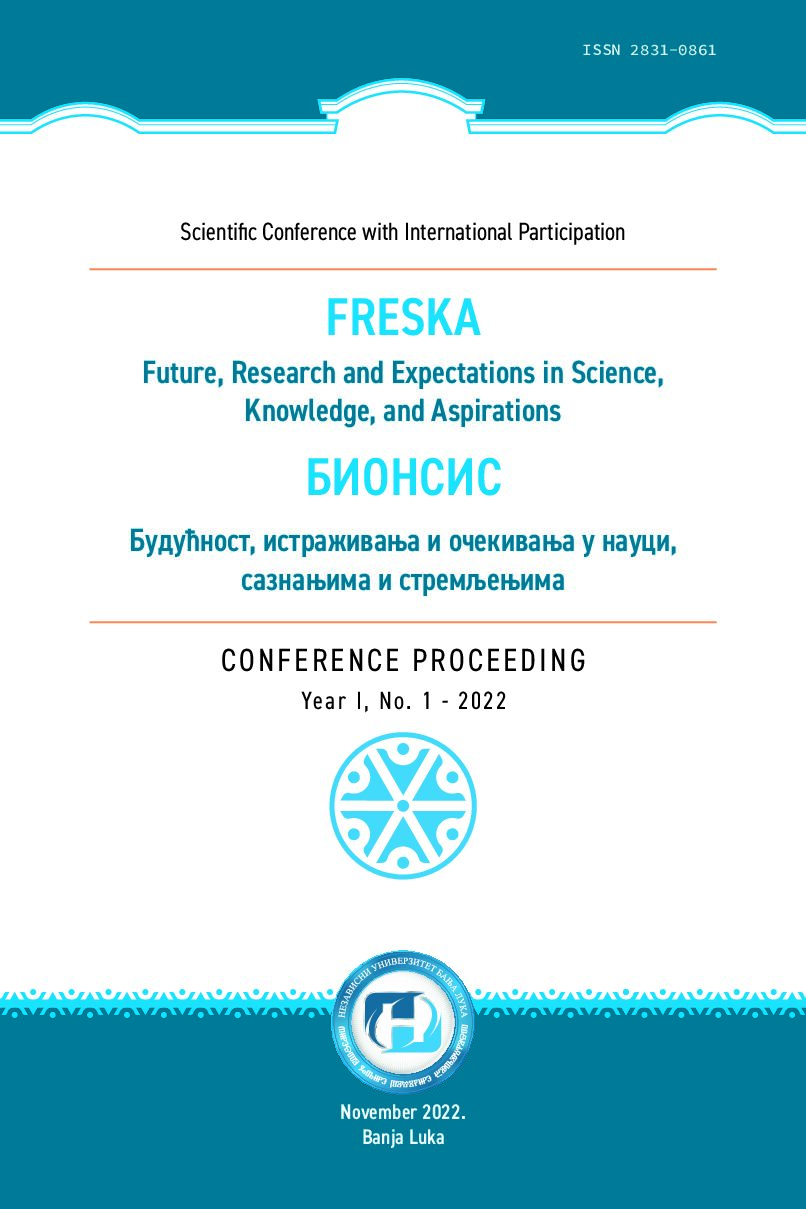INTERNATIONAL CRIMINAL TRIBUNALS AS GLOBAL SUBJECTS OF MODERN INTERNATIONAL RELATIONS
DOI:
https://doi.org/10.7251/ZNUBL2201045BAbstract
The creation in 1993-1994 of the first international criminal tribunals (for the former Yugoslavia and for Rwanda) was an important destructive event in mod- ern international law and international relations. The UN Security Council has gone beyond its powers and, thus acting ultra vires, has established bodies with the com- petence to prosecute citizens of the states of the former Yugoslavia, including heads of state and government. These tribunals, being called “international”, however, did not meet the criteria of internationality in totality. The tribunals were created without the consent of the states in respect of which they were supposed to act. This violated the basic principle of the conciliatory nature of international law. Moreover, in their activities, the tribunals began to apply the sources of international law arbitrarily, as well as to create their own “law”. This “law” also does not meet the criteria of inter- nationality because it was created not by states (nations), but by judges themselves, often contrary to the existed norms of international law. The question arises: what is the place of the so-called “international” criminal tribunals established by the UN Security Council in the modern system of international relations? The main goals of the global governance bodies are: 1) Elimination of objectionable political and military leadership of any states; 2) Destruction of progressive international law; 3) Formation of repressive global law. Examples of the destruction of international law and the formation of global law are the decisions of the International Tribunal for the Former Yugoslavia against R.Karadzic, General Mladic, S.Milosevic and others. The activities of international criminal tribunals pose a serious threat to the modern international legal order.
